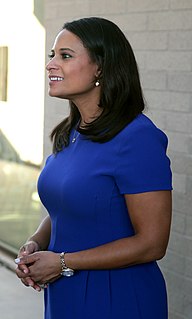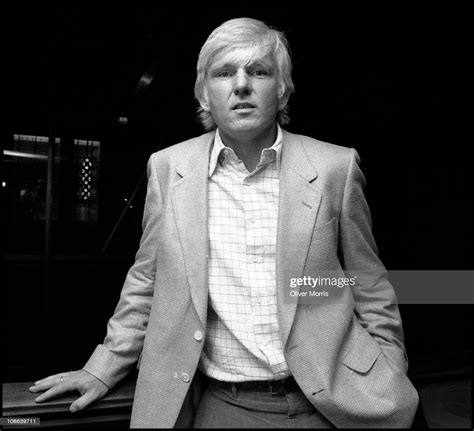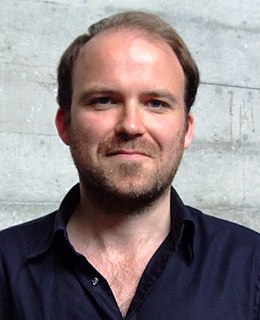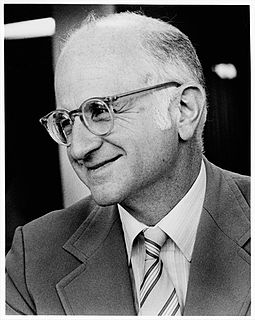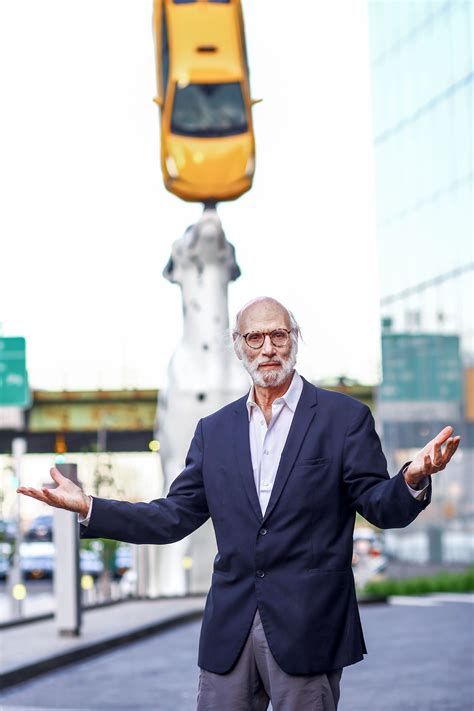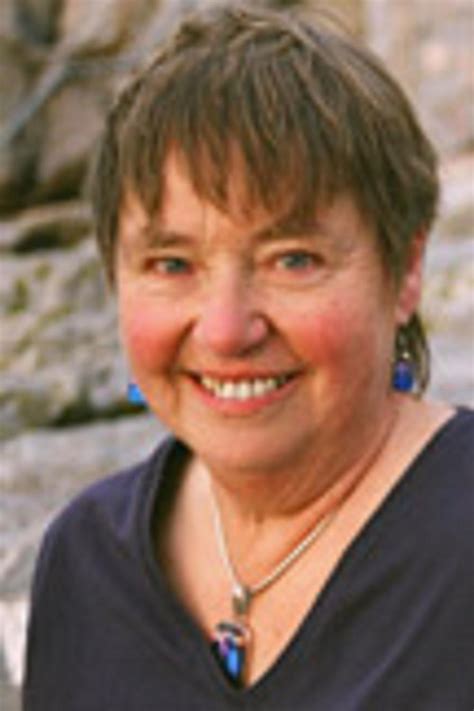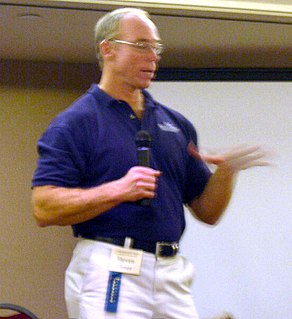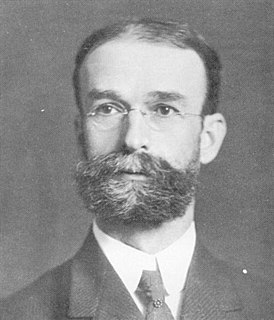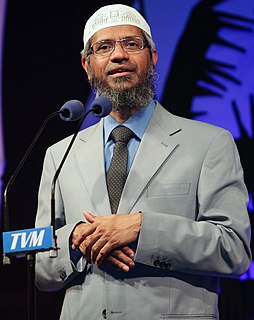A Quote by Benjamin Carson
I consider myself a logical person and, you know, a lot of people try to categorize me in one way or another. You know, there are some of the things that I say that probably would be considered very much non-conservative. But I don't think really conservative or liberal; I think: What makes sense? What's going to help the American people? What's going to give them what they need? Not only in health care but in terms of jobs, in terms of education, in terms of a whole host of issues.
Quote Topics
American
American People
Another
Care
Categorize
Conservative
Consider
Considered
Education
Give
Going
Health
Health Care
Help
Host
Issues
Jobs
Know
Liberal
Logical
Lot
Makes
Me
Much
Myself
Need
One Way
Only
People
Person
Really
Say
Sense
Some
Terms
Them
Things
Think
Try
Very
Way
Whole
Would
Would Be
Related Quotes
I knew very little about Rugby. But, I think it helps in terms of an American audience the game is enough like football in that it's a battle for field position and you score by running into what looks a lot like an end zone. I think in terms the nuance of the game, Americans won't get that stuff. I think in terms of the peanut butter and jelly version of what you need to know, I think it's pretty clear.
I would say the only one person I know of who kind of combines the elements that my father brought to the table in terms of affecting the public discourse would be Oliver Stone. His combination of academic brilliance and real life experience and just understanding people I think is what makes him such a great storyteller, but also he cares. He is interested. He meets somebody and he listens to them. He has some questions. He wants to know what they're about. And as a result I think his worldview is much more complex and whole and most of the other.
Don't think in terms of comfort; think in terms of freedom. Don't think in terms of safety, think in terms of being more alive. And the only way to be more alive is to live dangerously, is to risk, is to go on an adventure. And the greatest adventure is not going to the moon - the greatest adventure is going to your own innermost core.
. . . I do think that deep down, a lot of my work is about people trying to make reasonable accommodations of situations that are insane or absurd. . . . At first I thought the events had power in themselves, that I would just present them. I really wasn't aware of the things that finally became central issues to me - the shifting alliances, the way people hardly even know they've shifted. That part of [A QUESTION OF MERCY] is very familiar to me in terms of my other plays.
I think the record-buying public know what they like, and when people are trying to pander to them, I think they know it. They want the genuine article, so if we try to sort of "dumb down" for the mass public, I think they're too smart for that, and would recognize us as fakes. It seems like the bands that do crossover do so really on their own terms, and they just find that their terms just kind of make a big dove-tail with the masses.
Marriage is an ongoing, centuries-long social experiment that is mostly controlled by the individuals in the relationships who insist on determining what the relationship terms are going to be. And that's why the terms of marriage change with every century and decade. We're shaping it from the inside. Marriage endures because it evolves. Obviously it does. None of us would accept marriage on its 13th century terms, not even the most conservative people...
We're not going to deputize a whole bunch of American citizens to start grabbing people or turning them in, in part because the ordinary American citizen may not know whether or not this person is illegal or not. But, you know, the notion that we're going to criminalize priests, for example, or doctors who are providing services to individuals, and throw them in jail for doing what their calling asks them to do, which is to provide help and service to people in need, I think that is a mistake. I think that's out of America's character.




